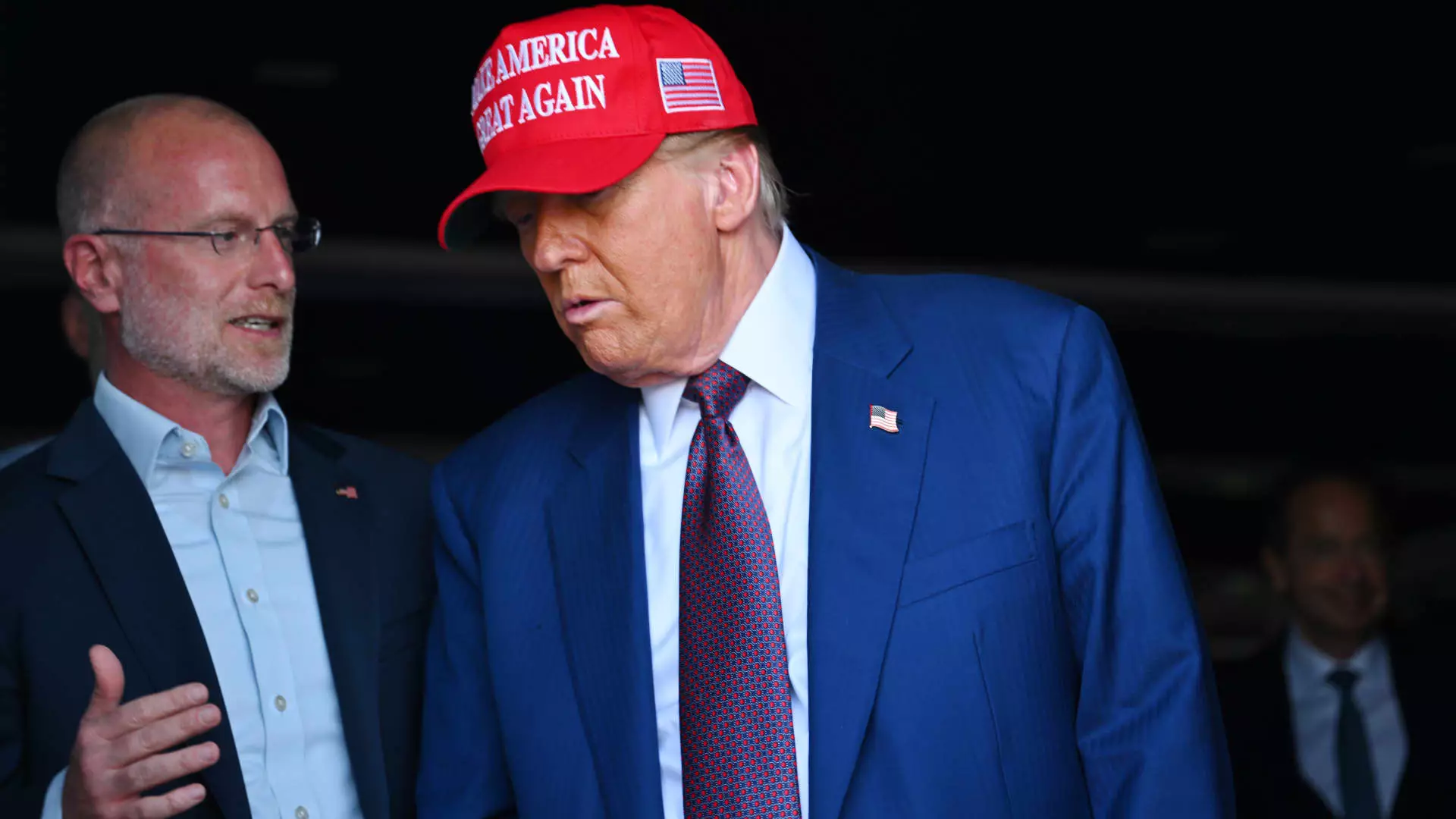The landscape of corporate diversity, equity, and inclusion (DEI) initiatives is experiencing significant scrutiny, particularly in the wake of recent governmental directives. The Federal Communications Commission (FCC) is taking a proactive stance by investigating Comcast Corporation’s DEI efforts. This inquiry reflects a broader trend towards examining the policies and practices that govern corporate behavior in regard to social justice and workplace equality. With the FCC now delving into Comcast’s practices, it raises questions about the role of federal agencies in shaping corporate cultures.
The investigation was announced shortly after President Donald Trump signed an executive order aimed at curtailing DEI practices within U.S. corporations. This executive order mandates federal agencies to identify potential compliance investigations for publicly traded companies as well as various nonprofit organizations. This regulatory shift presents a complex picture for companies like Comcast, which have woven DEI initiatives into their corporate fabric. The FCC’s inquiry seems to be part of a wider effort to ensure compliance with the new federal directives, particularly in a landscape where accountability and transparency are increasingly demanded by employees and stakeholders.
Comcast, which operates the Xfinity brand and encompasses NBCUniversal—responsible for significant media properties and entertainment ventures—has publicly committed to cooperating with the FCC’s investigation. A representative from the company expressed confidence in their longstanding history of integrity and respect for diverse stakeholders. This assurance is encouraging, but it also highlights the disparity in perception between the company’s public narrative and the regulatory climate it now faces. Comcast has proudly promoted its DEI framework, which includes initiatives such as dedicated training days and leadership programs focused on inclusion. Yet, the FCC has raised concerns over whether these initiatives might violate new regulatory expectations.
The crux of the FCC’s concerns centers around the idea that Comcast and NBCUniversal could be engaging in forms of DEI that may be deemed as invidious by regulatory standards. This characterization poses a significant threat not just to the companies involved but also to the broader media landscape, where representation and equity are often championed. As one of the largest media conglomerates, Comcast’s practices can influence public perception and set industry standards, making the implications of this investigation particularly salient.
Moreover, this scrutiny comes at a time when other major media entities, such as Disney and PBS, are reevaluating their own DEI strategies. Disney has announced revisions to its DEI programs, intending to modify performance metrics and reevaluate resource group branding, a response indicative of how corporate America is grappling with shifting political winds. Similarly, PBS has disbanded its DEI office in adherence to these new directives, emphasizing a strategic retreat from explicit DEI initiatives while vowing to maintain its commitment to an inclusive mission.
The unfolding situation casts a long shadow over the future of DEI initiatives in corporate America. As the FCC probes into Comcast’s practices, companies across various sectors must consider how existing and upcoming policies will impact their own diversity frameworks and commitments. The challenge lies in balancing the demands of federal regulations with the imperative for inclusivity and fairness within corporate environments.
This raises critical discussions surrounding the efficacy and morality of corporate DEI efforts. The skepticism of governmental oversight adds a layer of complexity that may prompt organizations to rethink how they authentically advocate for diversity while complying with a regulatory framework that may be adverse to those very principles. Companies must navigate this delicate balance if they seek to uphold their commitments to inclusivity while remaining compliant with the evolving regulatory landscape.
The FCC’s investigation into Comcast’s DEI initiatives serves as a watershed moment for corporate accountability in diversity and equity. The intersection of regulation and corporate practice in this area will undoubtedly shape the discourse around workplace inclusivity in the coming years, posing both challenges and opportunities for businesses committed to doing the right thing.


Leave a Reply